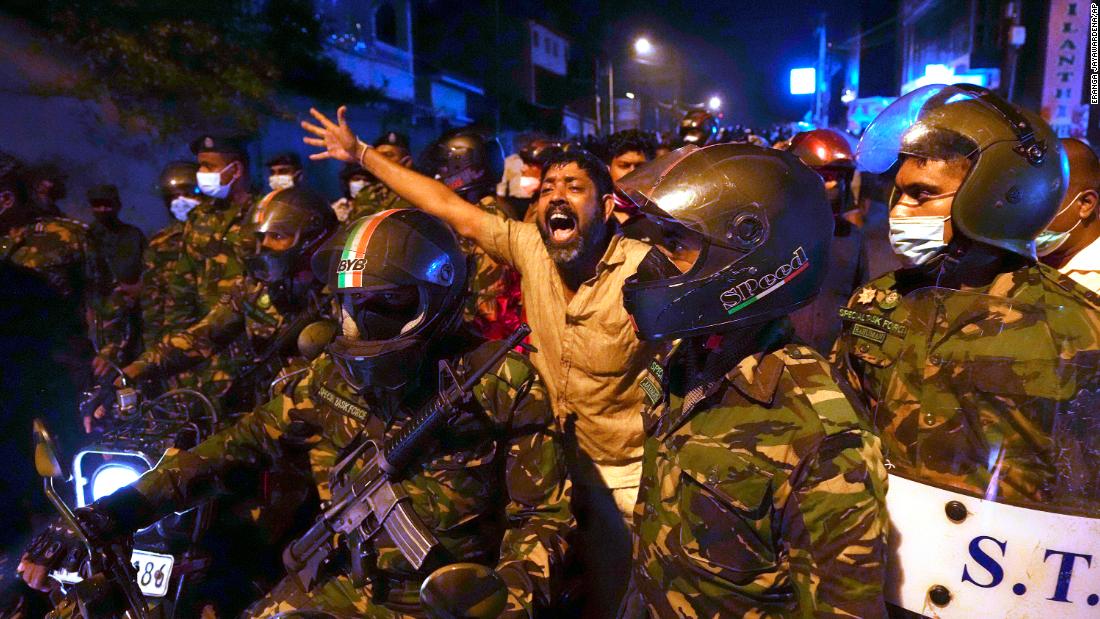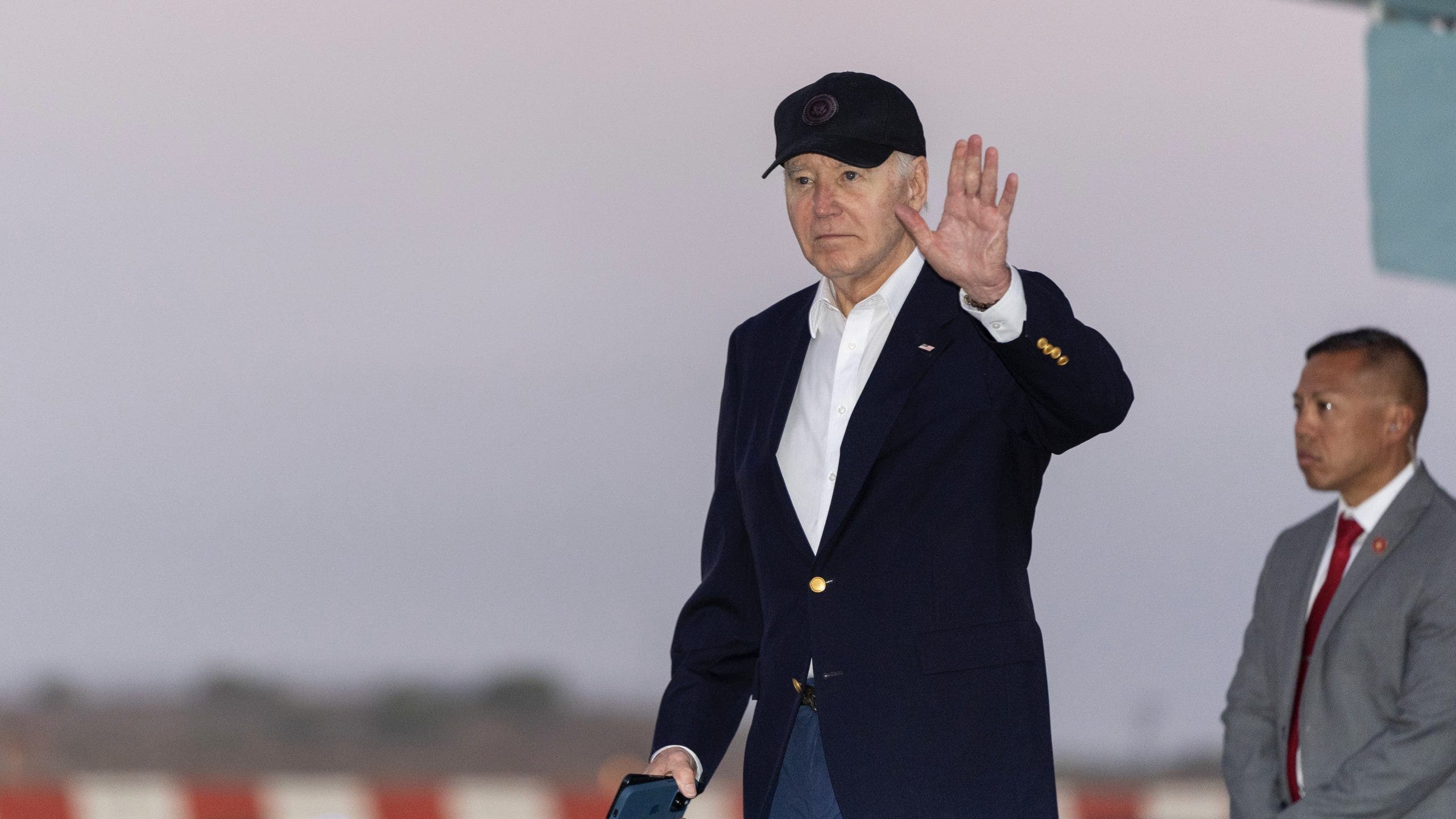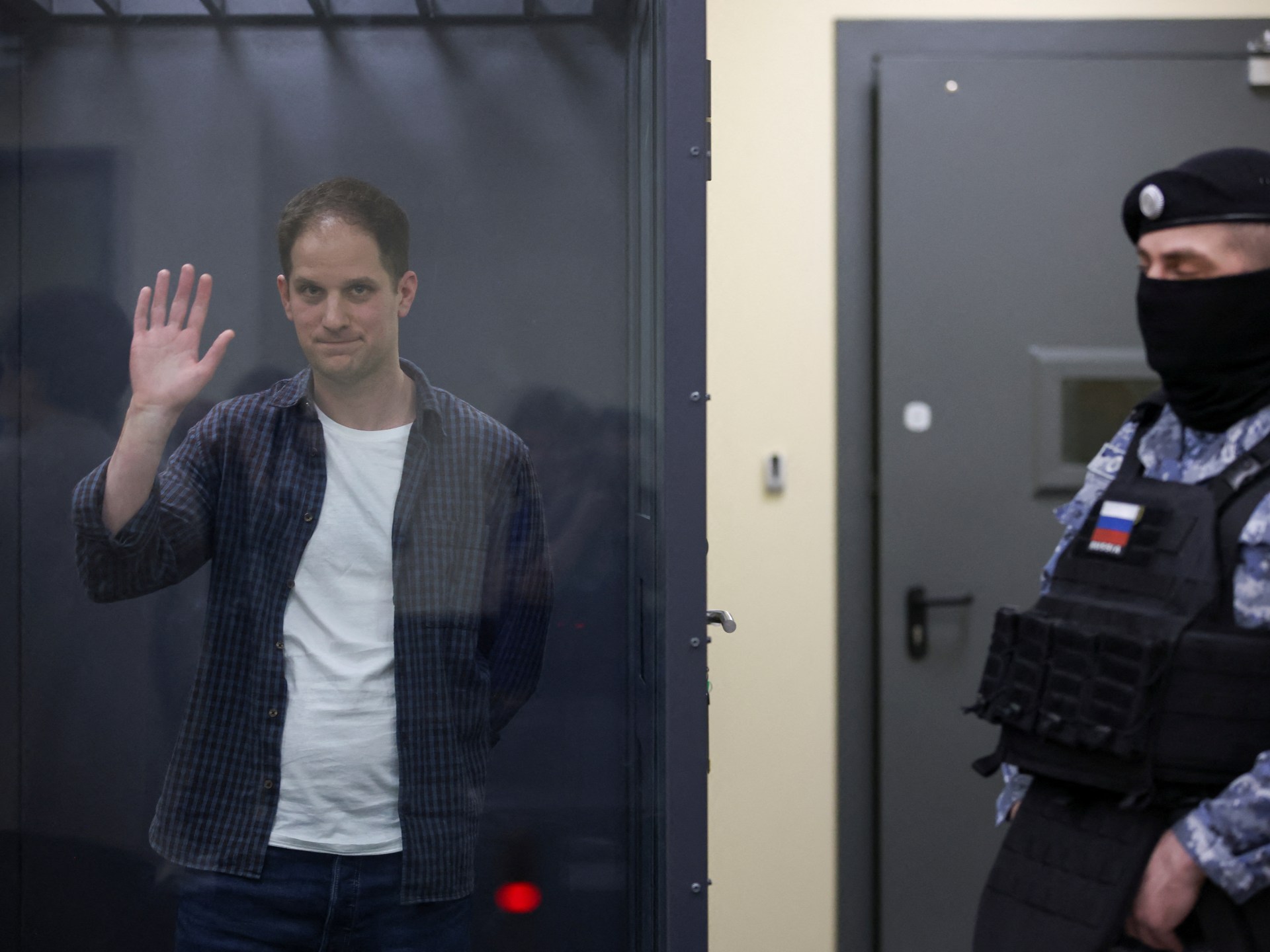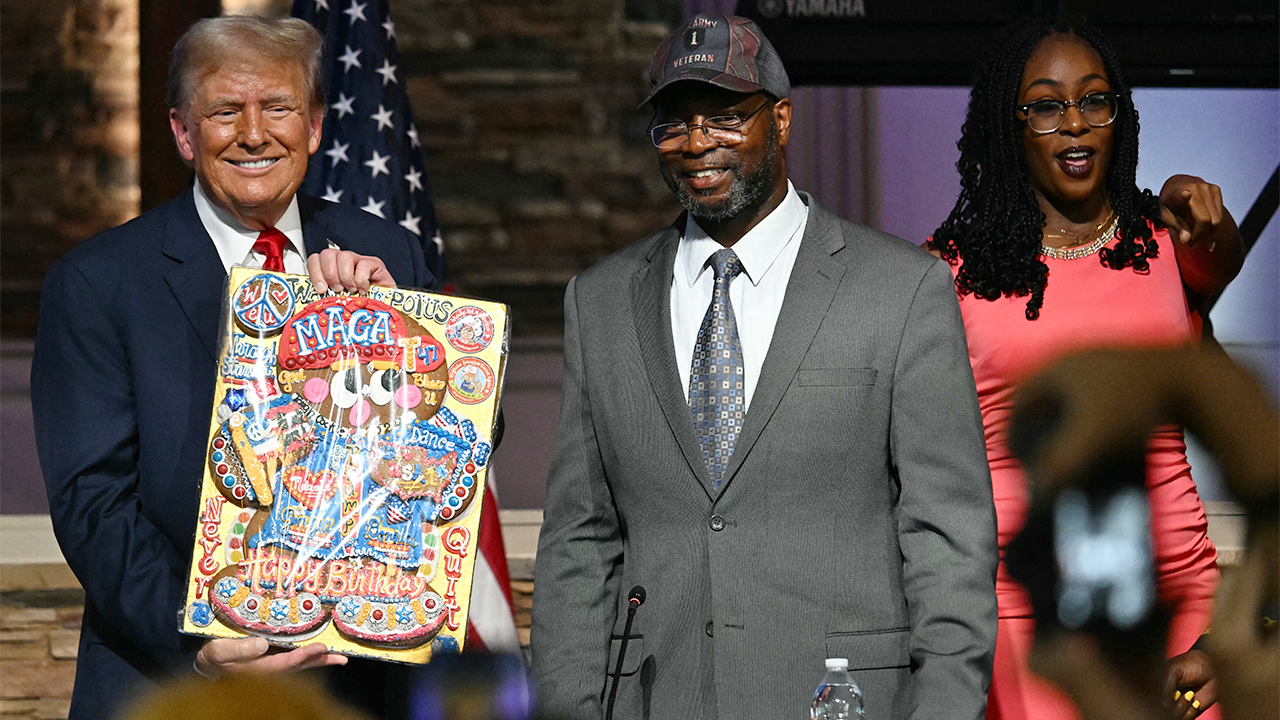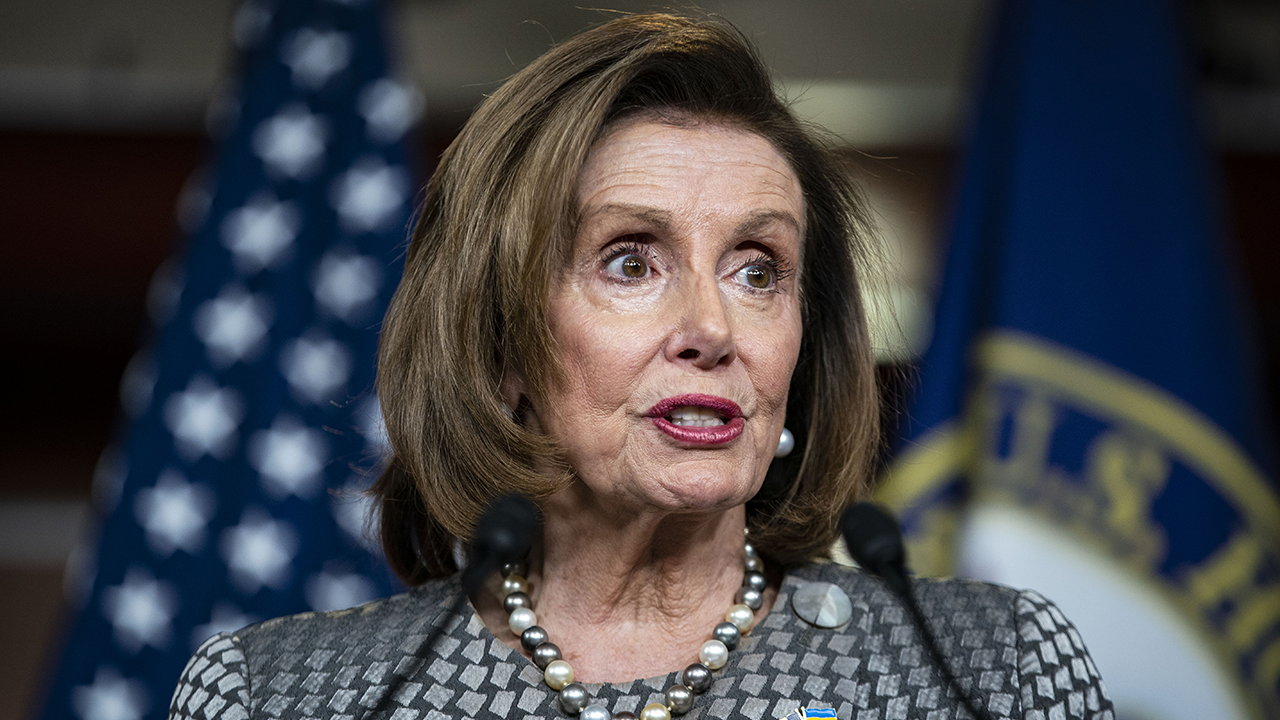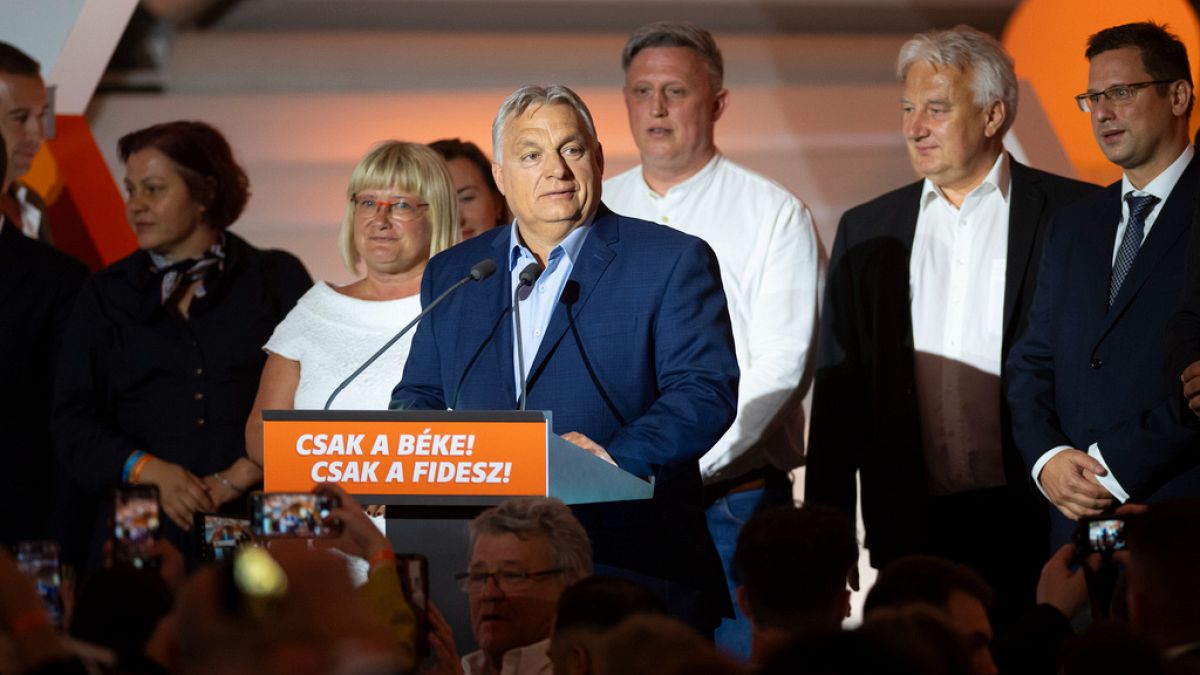Israeli Prime Minister Benjamin Netanyahu has dissolved the war cabinet he set up in the wake of Hamas’s October 7 attack following the resignation of two of its five members.
The body, headed by Netanyahu, has overseen Israel’s war in Gaza for the past eight months. However, its dissolution had been expected since the resignations last week of Benny Gantz and Gadi Eisenkot, two centrist politicians who joined Netanyahu’s coalition at the start of the war.
Following their departures, national security minister Itamar Ben-Gvir and finance minister Bezalel Smotrich — ultranationalists whose positions have frequently drawn fierce criticism from Israel’s allies, including the US — had demanded to be admitted to the war cabinet.
But according to Israeli officials, Netanyahu will instead now hold meetings in smaller forums to discuss sensitive matters. The wider security cabinet, which includes Ben-Gvir and Smotrich, will also continue to deal with matters relating to the war, officials said.
Gantz and Eisenkot demanded the establishment of the war cabinet, which also included defence minister Yoav Gallant and strategic affairs minister Ron Dermer, as a condition of joining Netanyahu’s emergency government last year.
The arrangement was designed to sideline Ben-Gvir and Smotrich, who have repeatedly demanded a more aggressive approach to the war in Gaza as well as the re-establishment of Israeli settlements in the Palestinian enclave.
They have also opposed concessions that would have allowed a deal to free the Israeli hostages still held by Hamas in Gaza.
While the entry of Gantz — a longtime rival of Netanyahu — into the war cabinet briefly brought a veneer of unity to Israeli politics, in recent months, he and Eisenkot have become increasingly critical of Netanyahu’s conduct of the war.
Gantz has accused the Israeli prime minister, who depends on Ben-Gvir’s and Smotrich’s parties for his majority in parliament, of allowing decisions relating to the war to be affected by narrow political calculations.
The tensions came to a head earlier this month when Gantz pulled his National Unity alliance out of the emergency government and resigned from the war cabinet after Netanyahu ignored his demands for a series of policy shifts, including drawing up a plan for the aftermath of the war.
Eisenkot said he and Gantz left the government after the war cabinet was “infiltrated” by “ulterior motives and political considerations”, and described Ben-Gvir as “the alternate prime minister”.
Netanyahu’s office on Saturday accused the pair of lying, insisting the prime minister made decisions based only on Israel’s national security needs.

